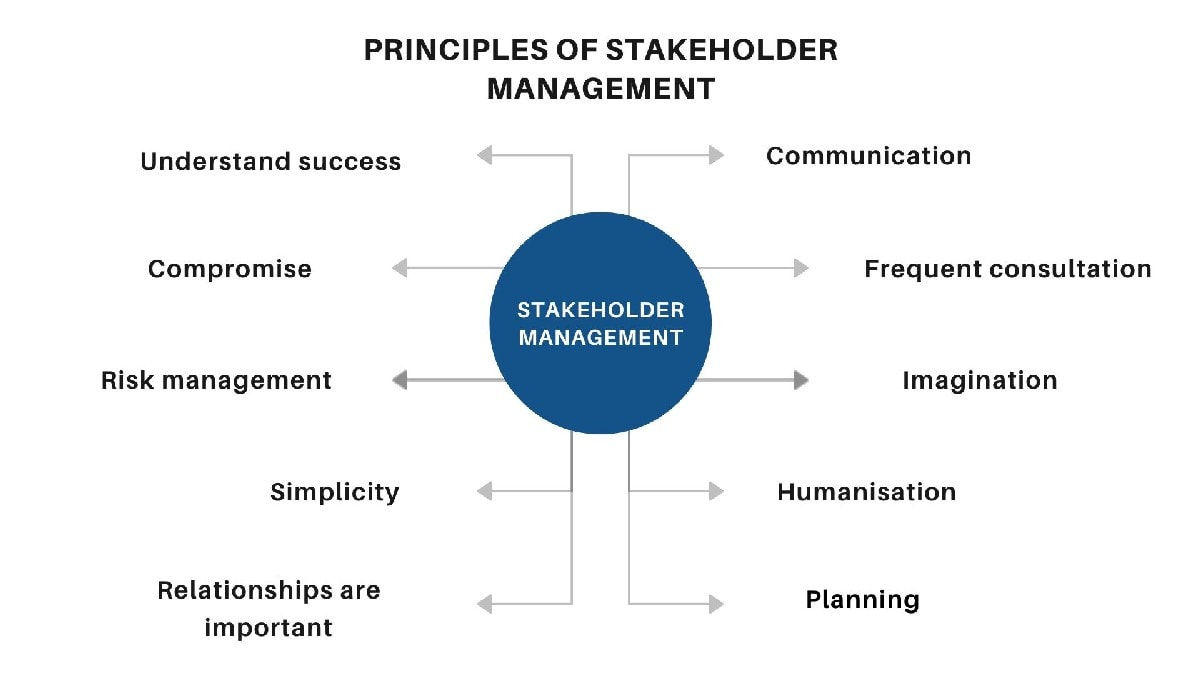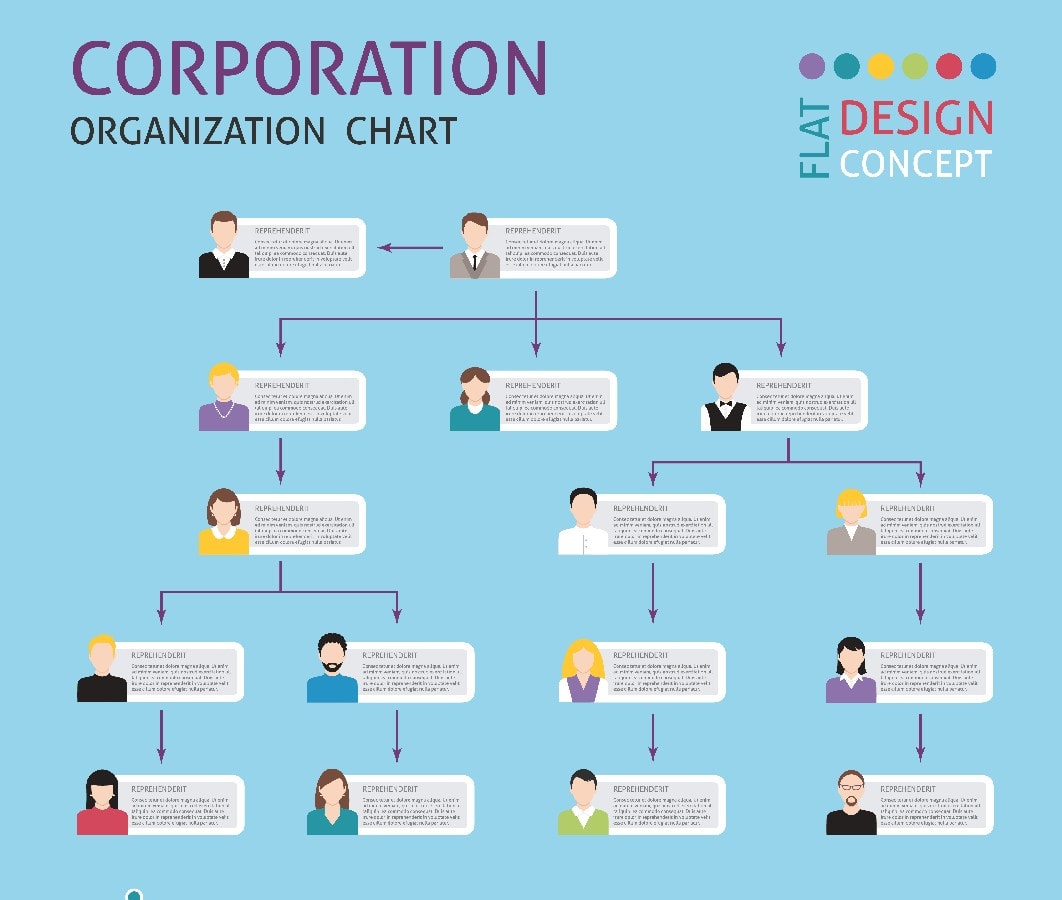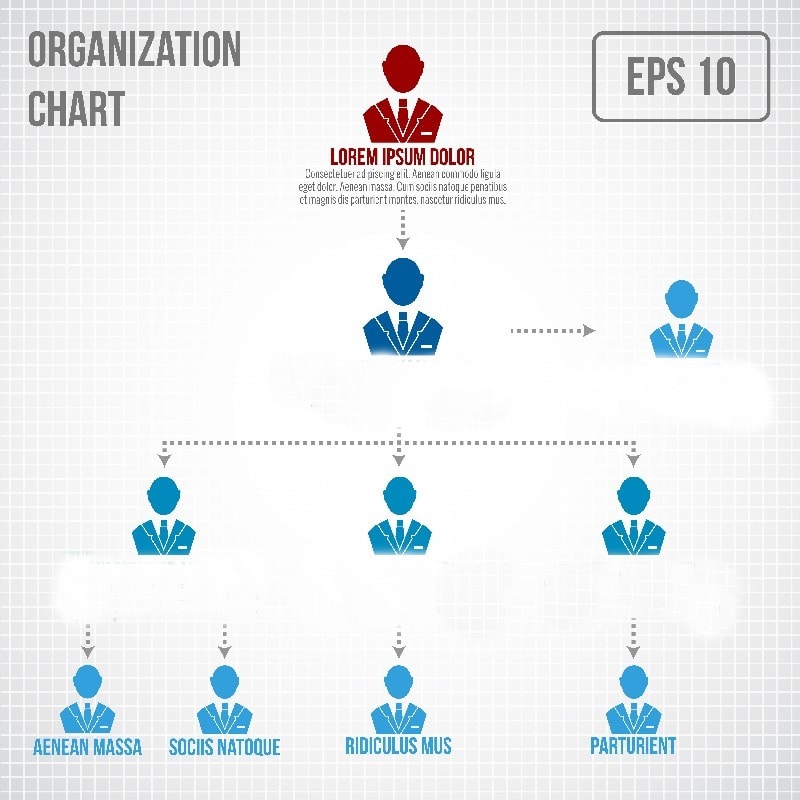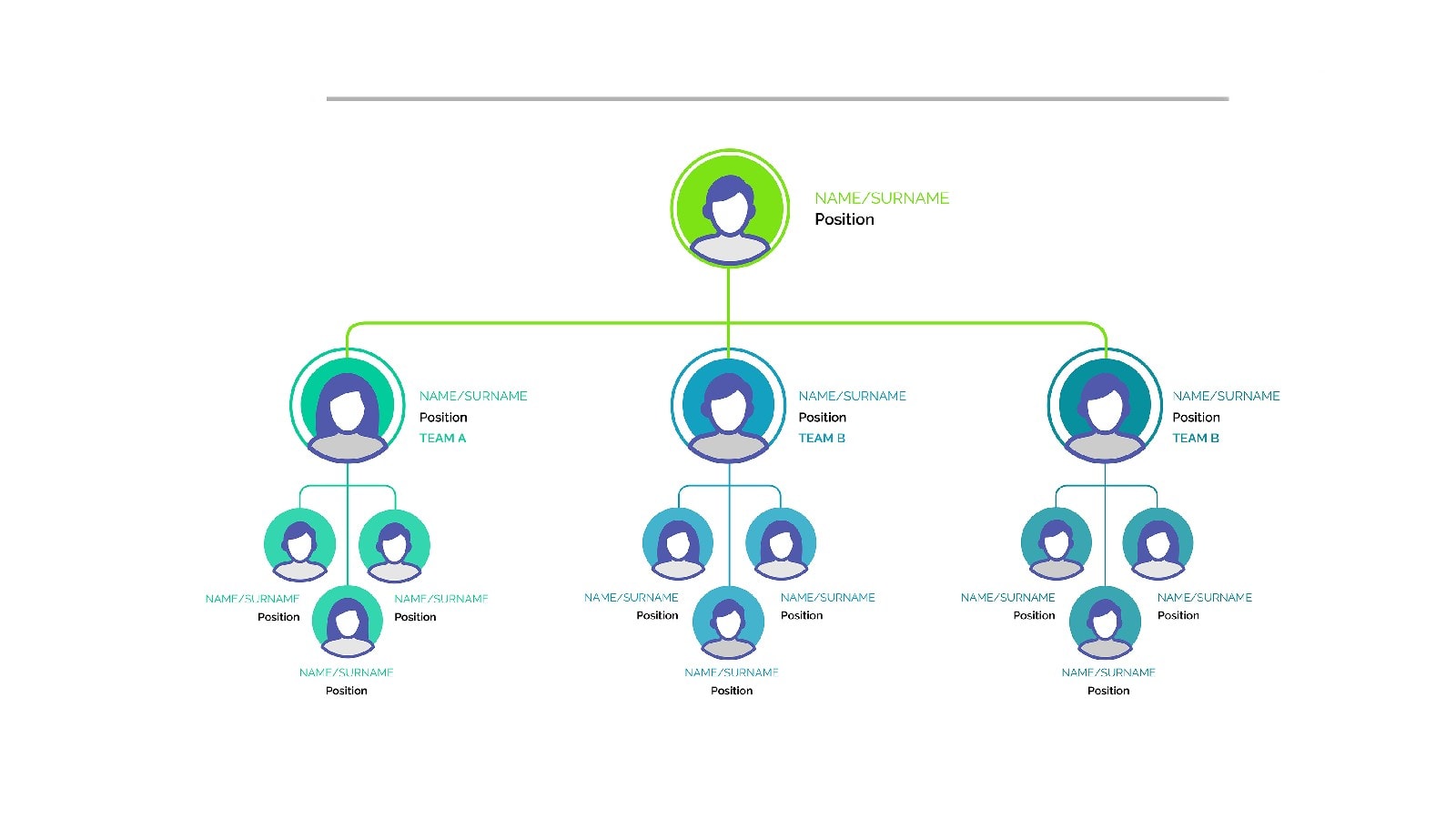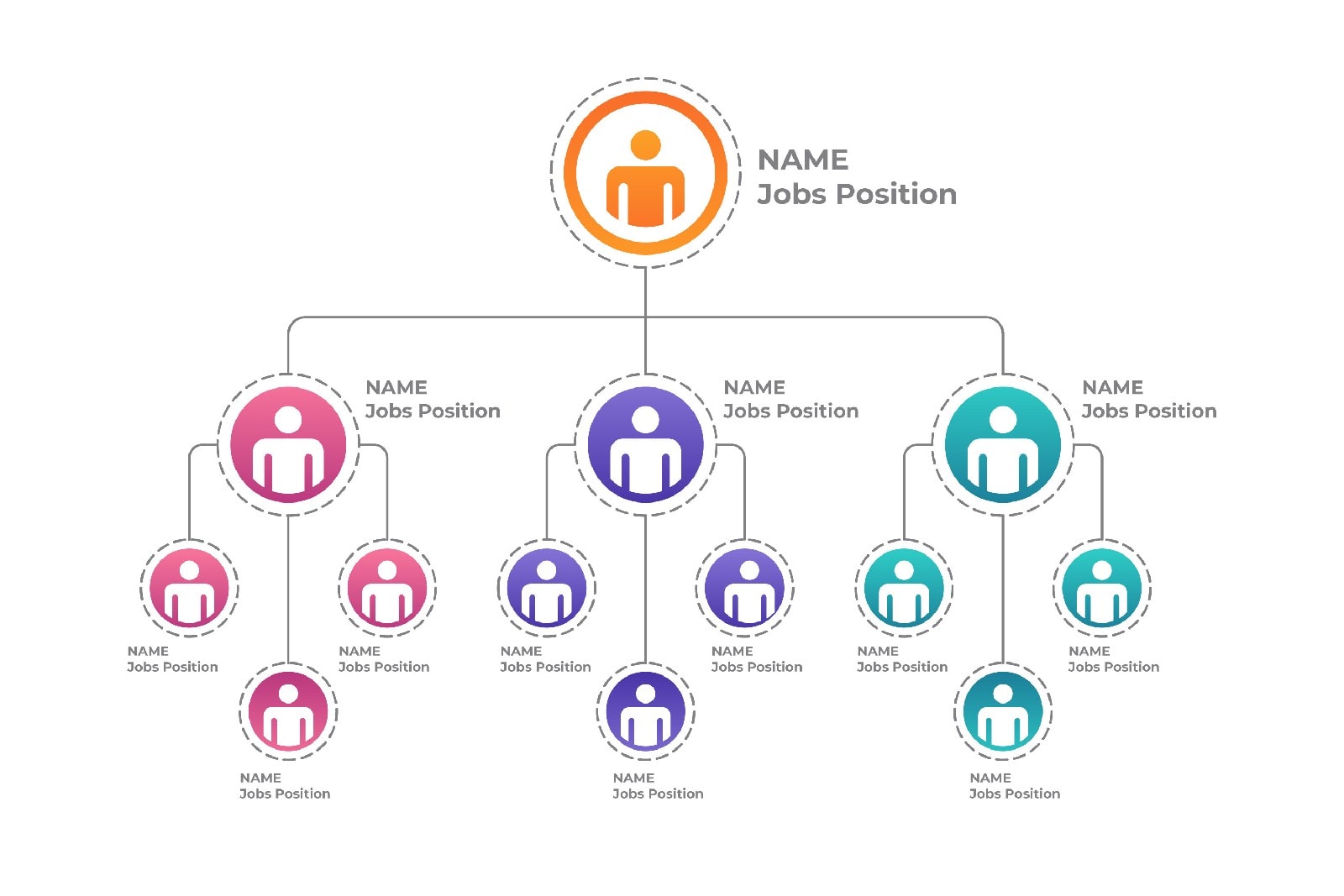Idle time is defined as the unproductive time of either the machines or the employees that is caused by the management because of factors that…
Stakeholder Management – Overview, Principles, Types, Pros, and Cons
The process of systematic analysis, planning, finalizing, and implementation of pre-designed actions to engage with stakeholders is called stakeholder management. Management and engagement are possibly…
What is Intrapreneurship? Intrapreneurs vs Entrepreneurs
When an employee acts as an entrepreneur while working in a company, the whole process is understood as Intrapreneurship. Many get confused between entrepreneurship and…
Absence Management – Definition, Objectives and Benefits
What is absence management? Absence management is a program that is designed to control the absenteeism of employees in an organization. Employees of an organization…
Flexible Staffing in Business: Definition, & Advantages
Flexible staffing, as the name suggests, is hiring staff or workforce as an alternative for some of the regular and permanent employees in an organization….
Frame of Reference – Definition, Meaning, Principle, and Examples
Definition The frame of reference is defined as a process that enables comparing a product or service with other offerings from rival brands. It is…
Incidence Rate – Definition, Meaning, Types, Examples
Definition of the incidence rate The incidence rate is defined as a frequency evaluator that helps to measure an incident or a disease etc. that…
Leadership Development – Definition, Importance, Steps and Advantages
Leadership development is a type of strategic planning that organizations use for improving the leadership skills and abilities of employees so they can be well-trained…
Buyer’s Remorse: Definition, Meaning, Reasons and Prevention
What is Buyer’s Remorse? Buyer’s remorse is the feeling of unease or distress which follows a purchase. Buyer’s remorse is defined as the negative feeling,…
Content Analysis – Types, Importance, Advantages and Steps
Content Analysis is a research method used to determine a specific pattern of words and concepts given within the text or set of documents. The…
Cost Efficiency – Meaning, Components, Analysis and Steps
Cost efficiency is the ration of the cost to the output. In terms of an organization, it is every business’s objective to lower their expenses….
Crisis Management – Meaning, Need, Steps and Examples
Want to have a great plan that can safeguard your business from sudden emergencies, unexpected or disruptive events? Then incorporating foolproof Crisis Management Strategy for…
Discount Store – Definition, Features, Advantages, Disadvantages
What is a discount store? Retailers adopt different methods to attract customers. Because of this reason, different formats of retail stores were introduced, such as…
Organisational Design – Definition, Meaning and Examples
Definition of Organisational Design Organisational Design, as the name suggests, is defined as a process of identifying and designing the organizational structure. It reflects the…
Leader Pricing Strategy – Meaning, Pros And Cons
An adequate system of price setting is fundamental for any independent venture to survive in this competitive world. Adding overall revenues and advertising techniques, pricing…
Advertising Campaigns: Definition, Types & Examples
What is an Advertising Campaign? An advertising campaign is a series of related advertisements or messages to share a desired Idea or theme and is…
10 Strategies to Minimize Waiting Time of Customer
Waiting time is defined as the time in which a person has to wait to acquire a specific service or action after placing a request…
7 Steps To Conduct A Sample Survey
The sample survey is defined as the process or study in which the data is obtained from a small representative population which is then estimated…
Test Marketing – Definition, Types and Examples
Test Marketing is a marketing method used by companies to test the viability of their products and services with a limited release in a test…
Money Back Guarantee – Meaning, Pros And Cons
Have you ever returned a product that you bought from any site? Well, if you have, then you must have seen that there is a…
What is Steeple Analysis? Meaning and Factors
Steeple analysis is one of the many strategic planning tool used by organizations for their strategic planning and positioning in the market. Most companies use…
Team Management – Meaning, Importance, Types, Examples
Planning to start a business or being ready for a management job profile and confused how you will manage the individuals with different skills, inclinations,…
Span Of Control – Definition, Meaning, Factors, Examples
What is the Span of Control? Span of Control can be defined as the total number of direct subordinates that a manager can control or…
How to make a Sales Pitch?
The sales pitch is defined as the attempts to negotiate and persuade someone to close the deal, finally leading to the sale of the product…
What is Place Marketing? Definition, Meaning and variables
Marketing plays an essential role in the success of every kind of business. Good marketing can do wonders for a business. It can set trends,…
Organisation Development – Definition, Objectives, Features, Importance
Organization development is defined as a systematic approach to boost the effectiveness of an individual as well as a business entity. It is planned and…
What is an Organizational Chart? Types and Example
Definition: The organizational chart is defined as a diagram that visually displays the ranks and relationships of job positions in the company. It is used…
Organisational Hierarchy – Definition, Meaning, Examples, Advantages
Definition of organisational hierarchy The term hierarchy in an organization means the pecking order in the chain of command. Here every position along with all…
Sales Agreement – Meaning, Components and Samples
Sales Agreement can be understood as a contract in which Seller and Buyer agree upon the terms and conditions of the purchase. You must have…
Image Advertising – Meaning, Benefits, Objectives, Examples
Image advertising can be understood as a form of native advertising in which ads are placed on the images on web pages or the internet. Image…
Advertising Strategy in Marketing (Definition and Types)
If you want your customers to choose your product over your competitors’ product, then you are required to reach your customers in the right way…
Aggregate Planning – Definition, Importance, Strategies And Advantages
Definition: Aggregate planning is a planning method in the production process which is also considered a marketing activity used to determine the required resource capacity…
Flat Organizational Structure – Definition, Meaning, Characteristics, Advantages
Definition of flat organizational structure Flat organizational structure is defined as an entity where the top management is in direct contact with the front-line salespeople,…
Organizational Leadership – Definition, Meaning, Tips, Styles, Importance
Definition Organizational leadership is defined as the ability of an individual or a leader to support the people around him and guide them towards achieving…
Organizational Patterns – Definition, Meaning And Types
Organization Pattern Definition and solution The organizational pattern is a process that assists in structuring and organizing your ideas, thoughts, speech as well as a…
Organisational Politics – Definition, Meaning, Reasons And Effects
Definition of organisational politics Organisational politics is referred to the self-interest and agenda of an individual in an organisation without any concern about its impact…
Collective Bargaining – Meaning, Types, Theories, Importance
Definition The process of arriving at a joint decision between two parties is called collective bargaining. The internal disputes between the employer and the employee,…
Niche Marketing – Definition, Meaning, Advantages, Ideas
Marketing is an essential part of the business. Companies use various marketing strategies to attract customers and to boost their sales. If you are also…
Process Analysis – Definition, Meaning, Objectives, Advantages
Process analysis is defined as a breakdown of a process into step-by-step phases that are used to describe and convey the output, input, and operation…
What is Direct Response Marketing? Definition & Examples
Direct response marketing is a type of marketing strategy that instantly connects with high-quality prospects and compels them to an immediate and favorable response. Direct…

